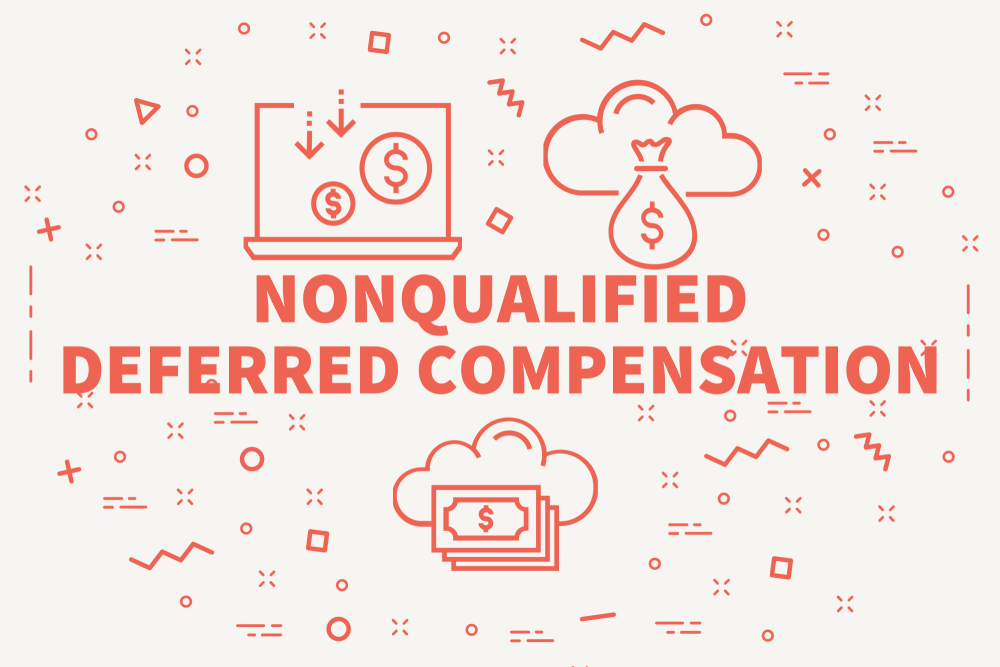Blog
Non-Qualified Deferred Compensation Plans (NQDCs)
April 10, 2023
 Non-Qualified Deferred Compensation Plans (NQDCs) are a type of retirement plan designed for select, highly compensated employees. These plans allow employees to defer a greater percentage of their compensation and current income taxes than is allowed by the IRS in a qualified retirement plan, such as a 401(k). NQDCs offer tax advantages and flexibility for both employers and employees.
Non-Qualified Deferred Compensation Plans (NQDCs) are a type of retirement plan designed for select, highly compensated employees. These plans allow employees to defer a greater percentage of their compensation and current income taxes than is allowed by the IRS in a qualified retirement plan, such as a 401(k). NQDCs offer tax advantages and flexibility for both employers and employees.
As a business owner, you can choose which executives or highly compensated employees can participate in an NQDC plan. There are no non-discrimination rules, so you don’t have to offer this plan to every employee. This allows you to tailor the plan to suit your company’s needs and retain key staff members. NQDC plans can also be used as “golden handcuffs” to keep valued employees on board, as leaving the company before retirement can result in forfeiting deferred benefits.
In an NQDC plan, employees can put a portion of their pay into a permanent trust, where it grows tax deferred. Unlike a qualified plan, the deferred money is considered part of your company’s assets and can be used for business purposes. However, this also means that the funds are not protected by the Employee Retirement Income Security Act (ERISA) and can be seized by creditors if the company faces financial difficulties.
To set up an NQDC plan, you must follow certain rules outlined by the IRS Section 409A. The plan must be in writing and include details such as the deferred amount, payment schedule, and triggering events for payment. Employees must make an irrevocable election to defer compensation before the year in which the compensation is earned.
There are several advantages to offering an NQDC plan for your business and employees. For employers, NQDC plans provide increased cash flow, as the deferred income can be used for other business purposes. They also have small upfront costs and minimal ongoing management fees. For employees, there are no maximum contribution limits, and the deferred income can result in tax advantages by potentially placing them in a lower tax bracket.
However, there are also some risks and disadvantages associated with NQDC plans. Employees cannot withdraw funds early like they can with a 401(k) or other qualified retirement plans, and their money is not protected by ERISA. As a business owner, you should carefully consider your company’s financial stability and whether your employees can afford to lose their deferred salary if the company faces bankruptcy.
In summary, Non-Qualified Deferred Compensation Plans offer flexibility and tax advantages for both employers and employees. However, it is essential to understand the risks and ensure that your business is financially stable before implementing such a plan.